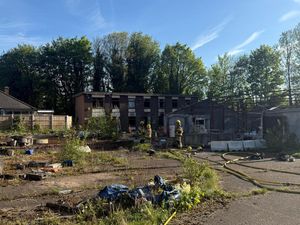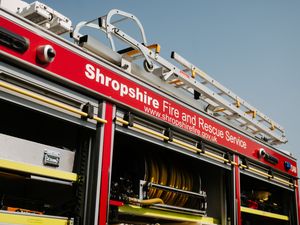Could you be a volunteer lifesaver? West Midlands Ambulance Service is looking for Community First Responders
West Midlands Ambulance Service (WMAS) is on the lookout for a new band of volunteer lifesavers as Community First Responders.
Watch more of our videos on ShotsTV.com
and on Freeview 262 or Freely 565
The organisation announced today (January 3) that it is recruiting to fill the voluntary, crucial roles.
Community First Responders (CFRs) are members of the general public who receive medical training from WMAS and respond, when available, and in their own time and without pay, to emergency 999 calls in both urban and rural areas.
The volunteers are not a substitute for ambulance staff but do provide lifesaving skills and are trained in basic lifesaving techniques.
WMAS said their availability, close proximity and knowledge of the area are among their many valuable assets.
It added that CFRs are "vital" in life-threatening situations, especially in some of the most serious cases such as a cardiac arrest and trauma, when every second counts.
WMAS community response manager Cliff Medlicott said: "We’re recruiting for CFRs at multiple locations across the region and are looking for kind, compassionate people who are committed to helping others in their local community.
"Maybe you have added ‘volunteering’ to your list of New Year’s Resolutions? If so, this position could not be more perfect.
"Volunteers come from all walks of life. When they make themselves available to respond they can continue to go about their daily lives, but if an emergency call is received by the ambulance service within a five-mile radius, they are sent and always backed-up by an emergency ambulance service vehicle.
"To volunteer, you must be aged 18 or over, have a full driving licence and lots of enthusiasm for your local community and saving lives.
"Help will be provided in obtaining the necessary equipment and no previous experience is necessary as training will be provided by West Midlands Ambulance Service.
"Successful applicants will attend a nationally recognised training course covering Basic Life Support and Defibrillation, Medical Emergencies, Traumatic Emergencies and Preparing for Active Duty. They will then train alongside ambulance crews before starting in their role and being able to respond."
Applications close on Friday, January 31.





